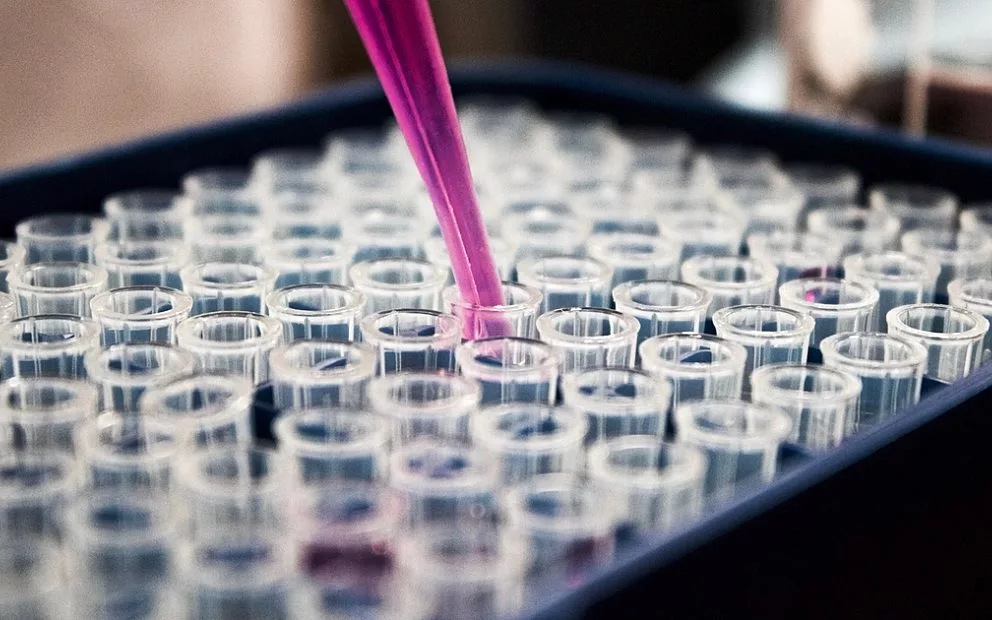Researchers at the South Australian Health and Medical Research Institute (SAHMRI), in collaboration with partner organisations, the University of Adelaide, Flinders University and the University of South Australia, have been awarded funding from the National Health and Medical Research Council (NHMRC) to support their innovative research.
SAHMRI’s Executive Director, Professor Steve Wesselingh, said 2017 has been a very positive year for the SAHMRI Community, with a total of $34,354,553 in grant funding awarded across the building and our associated sites, and a 30 per cent success rate.
“Funding from the NHMRC is vital in allowing our researchers to go above and beyond in their work and achieving our organisational vision of conducting inspired research that will lead to improved health outcomes,” Professor Wesselingh said.
“A wide variety of research projects have been granted funding - ranging from indigenous health, through to cancer and depression. The discoveries that result from these different areas of research have the potential to change how we deliver healthcare to the South Australian community.
“I am pleased to see that SAHMRI’s collaborative model continues to deliver results. By working together, the competitiveness and the strength of our research increases, which is a great benefit to our state.”
We are thrilled that the following projects have been awarded funding from the NHMRC:
Strategies for hepatitis C testing and treatment in Aboriginal communities that lead to elimination
Associate Professor James Ward, Head of Infectious Diseases Research - Aboriginal Health, within the Infection and Immunity theme, was awarded a project grant to fund the the ‘SCALE-C’ study. SCALE-C will evaluate an established test and treat model to rapidly scale-up direct-acting antiviral (DAA) within four Aboriginal communities to determine both impact on community prevalence and ongoing transmission.
The novel role of eukaryotic elongation factor 2 kinase (eEF2K) in atherosclerosis
Dr Peter Psaltis, Co-director of the Vascular Research Centre within the Heart Health theme, was awarded a project grant, with which he will be studying a molecule called eEF2K (which controls how cells in the body divide and survive controls the macrophage builds up in plaque) to develop new treatments against atherosclerosis, which can help prevent heart attacks and strokes.
Efficacy and safety of omega-3 DHA supplementation in preterm infants: childhood follow-up of the N3RO Trial
Dr Carmel Collins, Head, Neonatal Nutrition Research Unit within the Healthy Mothers, Babies and Children theme, has been awarded a project grant to conduct a follow-up of the N3RO trial. Dr Collins will seek to find out the important longer-term effects of extra DHA at five-years of age in the first months of life by assessing the children’s mental development. This grant was administered by the University of Adelaide.
Chronic Myeloid Leukaemia: changing the treatment paradigm
Professor Tim Hughes, Cancer Theme Leader and the University of Adelaide’s Cancer Council SA's Beat Cancer Project Research Chair, was awarded a project grant to conduct further research into the nature of residual leukaemia and patients’ immunological responses. This will enable the development of new treatment approaches, which will maximise the achievement of treatment-free remission (TFR). This grant was administered by the University of Adelaide.
Validating novel biomarkers relevant to major depression
Professor Ma-Li Wong, Head, Pharmacogenomics Research Program in the Mind and Brain theme has been awarded a project grant to contribute to validating potentially relevant genes for major depressive disorder (MDD) risk or antidepressant response and to provide the scientific foundation for future strategies to test their products as MDD biomarkers in the clinical setting. This grant was administered by Flinders University.


